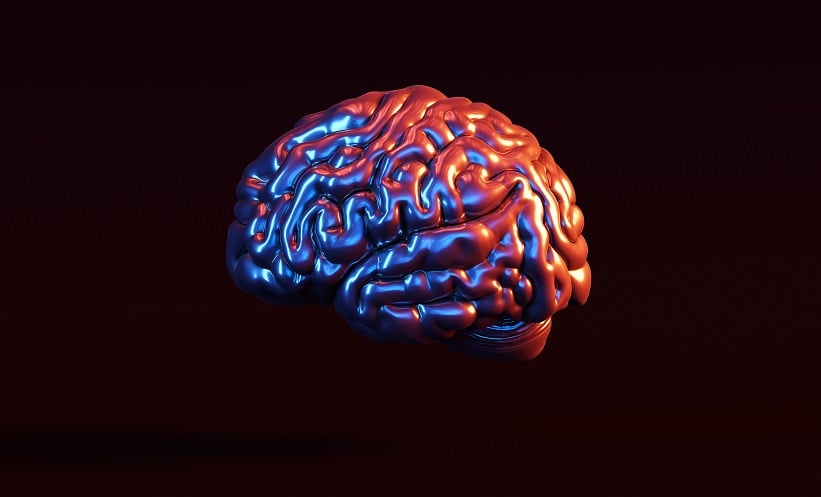LONG-TERM cognitive and psychosocial challenges faced by individuals recovering from anti-NMDAR encephalitis, despite many regaining independence, have been highlighted in a recent study. Conducted on 92 patients, aged 29 on average, the research reveals significant findings regarding cognitive recovery, self-reported outcomes, and the impact on functional life.
While 80-90% of patients achieve independence, a considerable portion faces ongoing cognitive difficulties, especially in memory and language, up to 3 years post-diagnosis. The study found that cognitive scores improved within the first 6 months but plateaued beyond 36 months. Approximately 34% of patients exhibited persistent cognitive impairment, with 65% scoring below average in at least one cognitive domain. These deficits were particularly evident in memory (mean score: −0.67 SD) and language (−0.75 SD), despite a favorable functional outcome (mRS ≤ 2) in most patients.
Self-reported issues in emotional well-being, social functioning, energy levels, and quality of life remained significantly lower than norms. Specifically, emotional well-being was markedly affected, with patients scoring a mean of 72 vs. a norm of 82. Furthermore, 30% of patients did not return to school or work, and 18% required adjustments to do so. Cognitive functions like processing speed and emotional well-being were linked to the ability to resume work or education, with slower processing speed and lower well-being correlating to fewer successful returns.
This research underscores that while anti-NMDAR encephalitis patients may return to a functional baseline, cognitive deficits and emotional struggles are prevalent, highlighting the need for ongoing support beyond initial recovery.
Reference: Brenner J et al. Long-term cognitive, functional, and patient-reported outcomes in patients with anti-NMDAR encephalitis. Neurology. 2024;103 (12).








